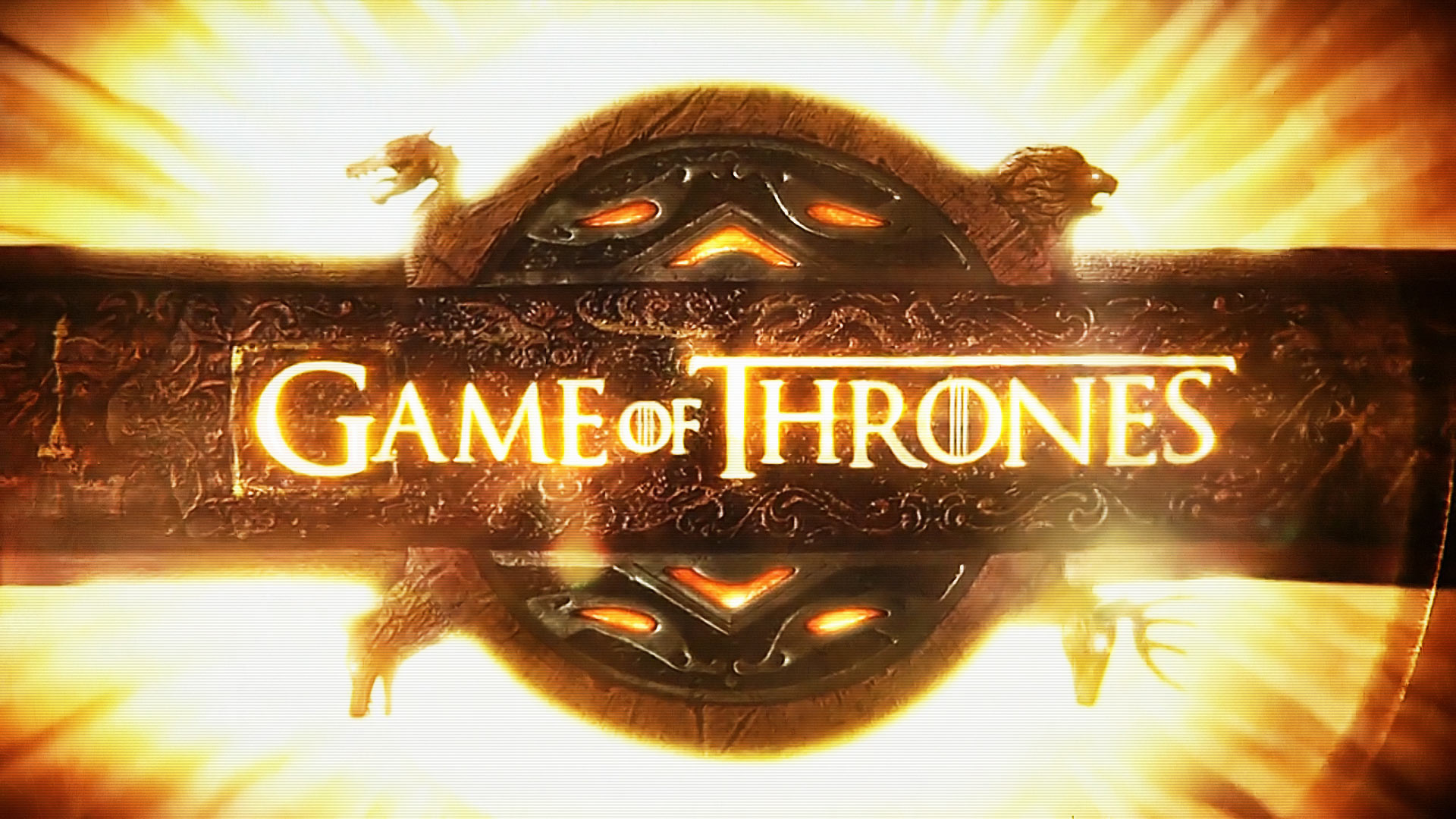Game of Thrones Season Seven Bears No Female Directors

Emily Solomon ’17 / Emertainment Monthly President

Game of Thrones showrunners David Benioff and D.B. Weiss recently released the slate of directors for season seven of the blockbuster television series: Alan Taylor, Jeremy Podeswa, Mark Mylod, and Matt Shakman. That there’s only four names isn’t strange considering that HBO has been in discussions with Benioff and Weiss about abbreviating season seven and season eight to seven and six episodes, respectively.
There’s a lot of gravitas that comes with these names: three are returning directors, lauded for their previous work on the show (Taylor, Podeswa, and Mylod). The fourth, Matt Shakman, has experience with critically-acclaimed shows like Mad Men and and Fargo.
But what sticks out most keenly to me is what’s missing, for what will be the third season in a row: female directors.
Of the 60 episodes of Game of Thrones, 56 have been directed by the same 18 men.
Michelle MacLaren holds the perhaps dubious honor of being the only female director in the show’s history, having directed the remaining four (“The Bear and Maiden Fair” and “Second Sons” in Season 3; “Oathkeeper” and “First of His Name” in season four).
For every fifteen episodes directed by a man, MacLaren directed one. That’s 6.6% of the show—a percentage that’s only going to shrink once season seven airs.
That’s one woman out of 18 directors. That’s 6%, provided you round up. If you include newcomer Matt Shakman, that number shrinks to one in 19—just barely over 5%.
And with season seven, this isn’t just about a lack of representation, but about the quality of storytelling. It’s not just about the fact that we’ve gone without a female director for 25 episodes; it’s about how season seven is going to be tangibly and noticeably different than those that come before it.
“How so?” you might ask.

To go back to season five: in the episode “The Wars to Come,” we learn a witch named Maggy told a young Cersei her fortune. Maggy told Cersei three things: she would not marry the prince (then Rhaegar Tagaryen) but the king (who would be Robert Baratheon), she would bear only three children (with golden crowns and golden shrouds, referring to the color of her children’s hair as well as foretelling their deaths), and that her reign as a Queen would be short. Cersei, inevitably, would fall to another woman, younger and fairer, who would take everything she held most dear.
With Cersei on the Iron Throne at the end of season six, it’s clear that Maggy’s fortune is not something to take lightly—the titular Game of Thrones will be a war of queens, a war waged between women.
Take a look at the major female characters left standing: Sansa, Arya, Cersei, Yara, Daenerys, Brienne—all of whom are in some way driving the action, taking agency back, and writing their own fate. On top of that, the converging storylines in Thrones means they’re each likely to get more screentime and subsequently more development.
And yet there’s not a female director in sight to take the reins of any of their stories.
 Granted, it’s not impossible for a man to direct fiction featuring female characters, but Game of Thrones doesn’t exactly have a sparkling track record in that regard. Indeed, one of the returning directors for season seven is Jeremy Podeswa, who directed “Unbowed, Unbent Unbroken,” which was one of the most polarizing episodes in season five as a result of featuring an arguably gratuitous and unnecessary rape scene that victimized Sansa at the hands of Ramsay Bolton.
Granted, it’s not impossible for a man to direct fiction featuring female characters, but Game of Thrones doesn’t exactly have a sparkling track record in that regard. Indeed, one of the returning directors for season seven is Jeremy Podeswa, who directed “Unbowed, Unbent Unbroken,” which was one of the most polarizing episodes in season five as a result of featuring an arguably gratuitous and unnecessary rape scene that victimized Sansa at the hands of Ramsay Bolton.
At the end of the day: Thrones is a male-dominated creative staff and crew within the male-dominated field of television production. To have a female director would go a long way in navigating the nuances inherent to stories about female characters, especially those who are striving to succeed in a world that’s historically been ruled by men.
And that’s perhaps what stings most: that a show with a cast full of strong and well-developed female characters somehow can’t make the effort to look the same behind the camera.
Images courtesy HBO.
“Granted, it’s not impossible for a man to direct fiction featuring female characters” And that should be the end of the article. I mean, unless you’re looking for the name and know them, most people probably won’t even care about the director of the episode. It’s like people literally are looking for any reason to complain. And by the way, Podeswa’s direction on that one episode isn’t exactly indicative of how he’d fare going forward. It’s not like he wrote the script. He’s just behind the camera.